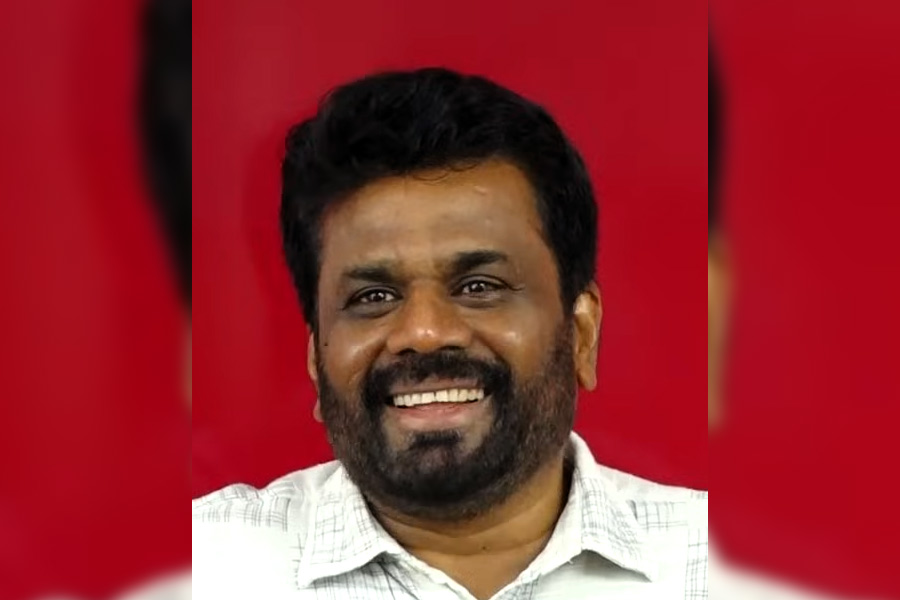The landslide victory of the National People’s Power alliance that is led by Sri Lanka's new president, Anura Kumara Dissanayake, in the country's parliamentary elections last week marks a major moment for India's southern neighbour. No Sri Lankan president has in decades held the kind of mandate in Parliament that Mr Dissanayake now enjoys. Armed with a two-thirds majority, he has the numbers to push through many of the promises that endeared him to voters. But that power could also force the Sri Lankan president to make difficult choices, especially when it comes to his alliance's promise to attempt a constitutional overhaul. The NPP has said that it will seek a referendum on a new Constitution. There is ample evidence from opinion polls to suggest that ordinary Sri Lankans want to move away from the country's executive presidency model, which, critics say, gives the president too much power and Parliament too little. But that is not the only constitutional change that Mr Dissanayake will be under pressure to support. There is a strong public sentiment among the Sinhala community, in particular, against the 13th Amendment of the Sri Lankan Constitution that speaks of the devolution of more powers to the provinces. That Amendment, which many Sri Lankans believed was foisted upon the country by India, was supposed to pave the way for some autonomy, especially to the Tamil-dominant Northern Province. But successive Sri Lankan governments have largely ignored it for almost 40 years. Any attempt to remove that Amendment from the Constitution would undoubtedly set off massive protests in Tamil Nadu and would spark significant tensions between India and Sri Lanka.
So far, Mr Dissanayake has demonstrated maturity both at home and abroad in dealing with such knotty issues. He visited New Delhi months before the presidential election that he won in September to signal a readiness to work closely with India despite a history of anti-India sentiment within his Janatha Vimukthi Peramuna, the Marxist-leaning party at the core of the NPP. Likewise, ahead of the parliamentary elections, the NPP canvassed for votes among Sri Lankan Tamils and Muslims, making major gains among these communities. Now he must balance expectations from traditional supporters with his outreach to minorities who have decided to give him a chance. It will not be easy, but he needs to stay the course. Sri Lanka and the region need stability. They cannot afford to revisit the ghosts of past divisions.











